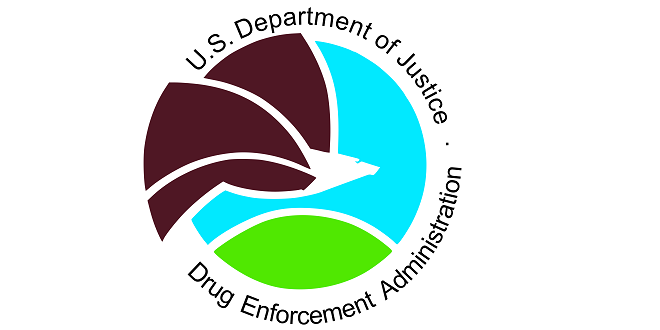Lawyers within the Department of Justice are growing concerned that the Drug Enforcement Administration's largest wiretapping operation may be on shaky legal ground. The operation has led to hundreds of wiretapping requests which have been approved by a singe judge in Riverside Country, California. As a result the DEA has intercepted more than 2 million conversations, including both cell phone calls and text messages. About 44,000 people had their communications eavesdropped on by this operation.
In theory, it shouldn't make a difference whether law enforcement seek wiretapping warrants from state or federal courts, since federal law sets a minimum standard which even state judges are bound to obey. In practice however, government agencies prefer to seek approval from state judges because it easier quicker and easier to obtain a warrant. However, current and former lawyers from the DOJ are concerned these state approved wiretapping requests won't hold up in federal court.
One particular requirement of Federal law is that wiretapping must be used as a last resort if other methods were exhausted. Prosecutors are very concerned that, in many cases, DEA agents did not first try other investigative techniques before seeking wiretapping warrants from state courts. "They'd want to bring these cases into the U.S. Attorney's Office, and the feds would tell them no (expletive) way," a former DOJ official said. Another former DOJ lawyer stated, "It was made very clear to the agents that if you're going to go the state route, then best wishes, good luck and all that, but that case isn't coming to federal court."
As a result, many major drug cases never even make it to trial. The DEA has seized hundreds of pounds of drugs and millions of dollars of cash as a result of the wiretaps, but very few arrests have been made. The public defender for Riverside County stated that out of about 40,000 criminal cases that the country handles per year, only 5 involve disclosed wiretaps. However the DEA appears to be, at least in some cases, using the information gained from wiretaps to tip-off other law enforcement agencies, who will then try to build a case through their own investigations. That practice has been criticized by the ACLU as, "insulating dubious police practices from any kind of judicial review." This practice by the DEA is currently under investigation by the DOJ inspector general.
At the center of this wiretapping operation is a single judge in Riverside County who approve 624 wiretaps in 2014, the largest of any county in the country, and nearly five times as many as those approved in the county with the second largest number of approved wiretaps. While some of those are requested by local law enforcement, most of them are DEA related. Dave Mass from the EFF stated, "Those numbers — the totals, and just the size of some of those wiretaps — are huge red flags for us."
The DEA might be suspected of shopping around to find a judge who will easily approve any wiretapping request, but the DEA insists that Riverside County is a major hub of drug trafficking, and the large number wiretapping requests are justified by their investigations in the county. However, despite the fact that wiretaps are supposed to be tied to crime within the county they were approved, DEA investigators have used them to make arrests and seize shipments of cash and drugs across the country, including New York and Virgina.
Is the DEA breaking the law with its wiretapping program? Leave your comments below.







